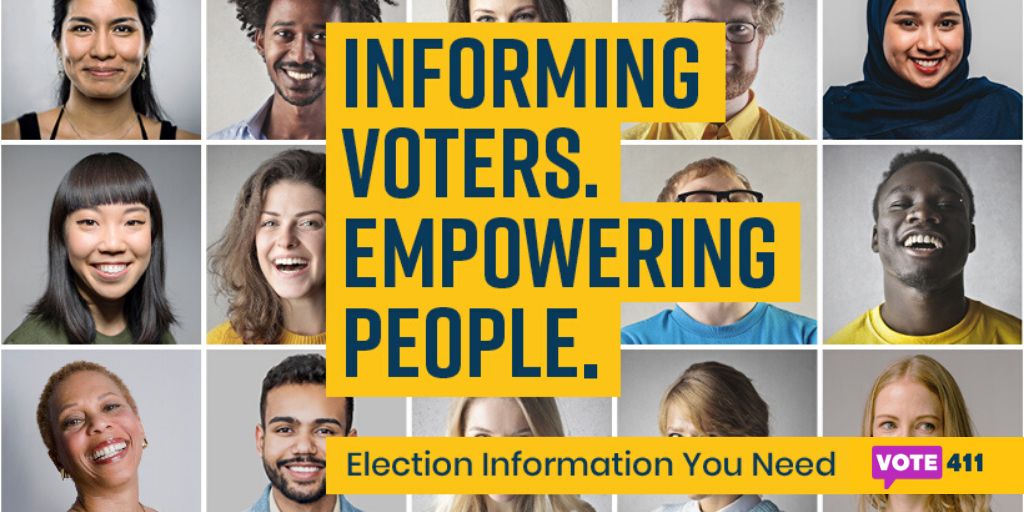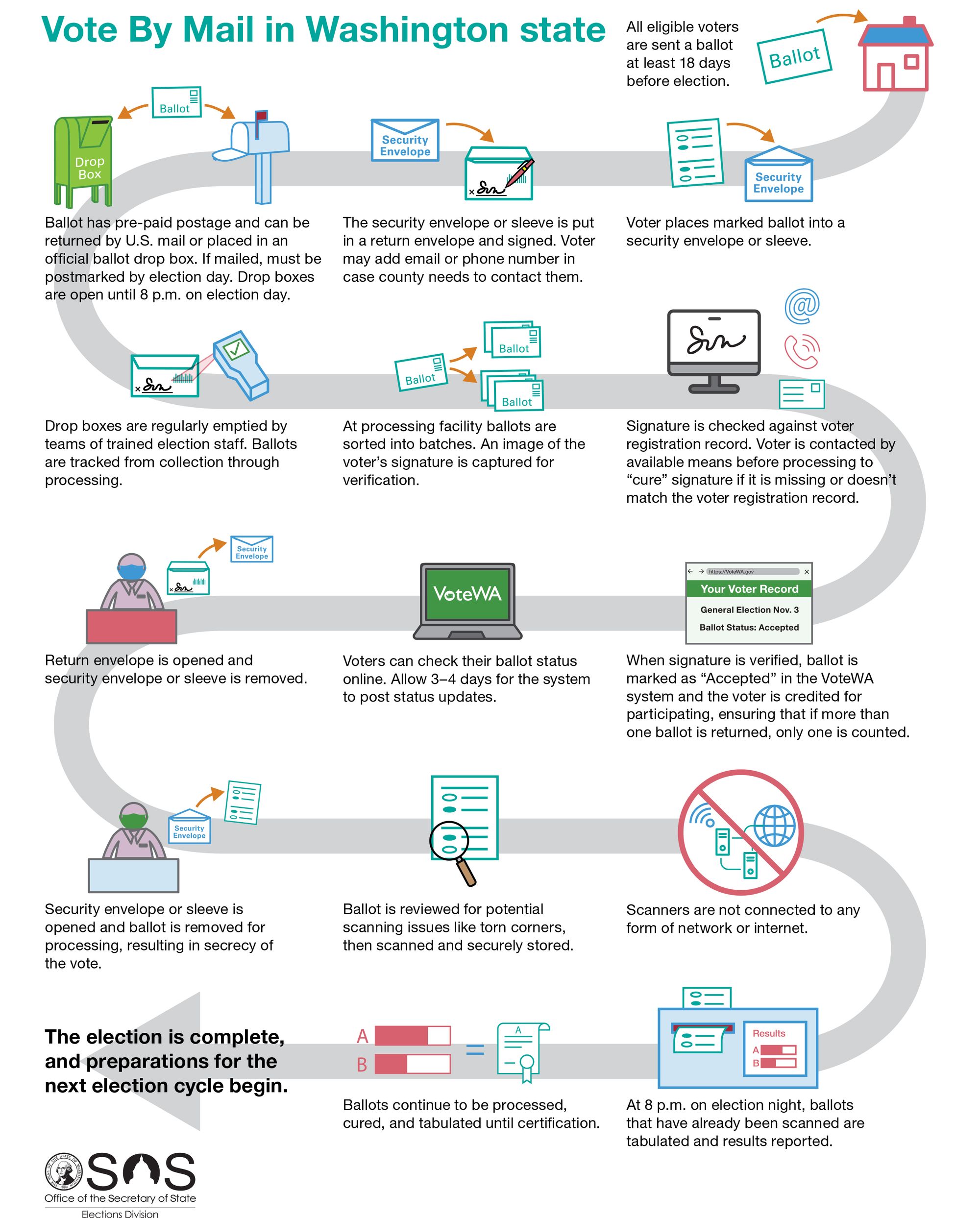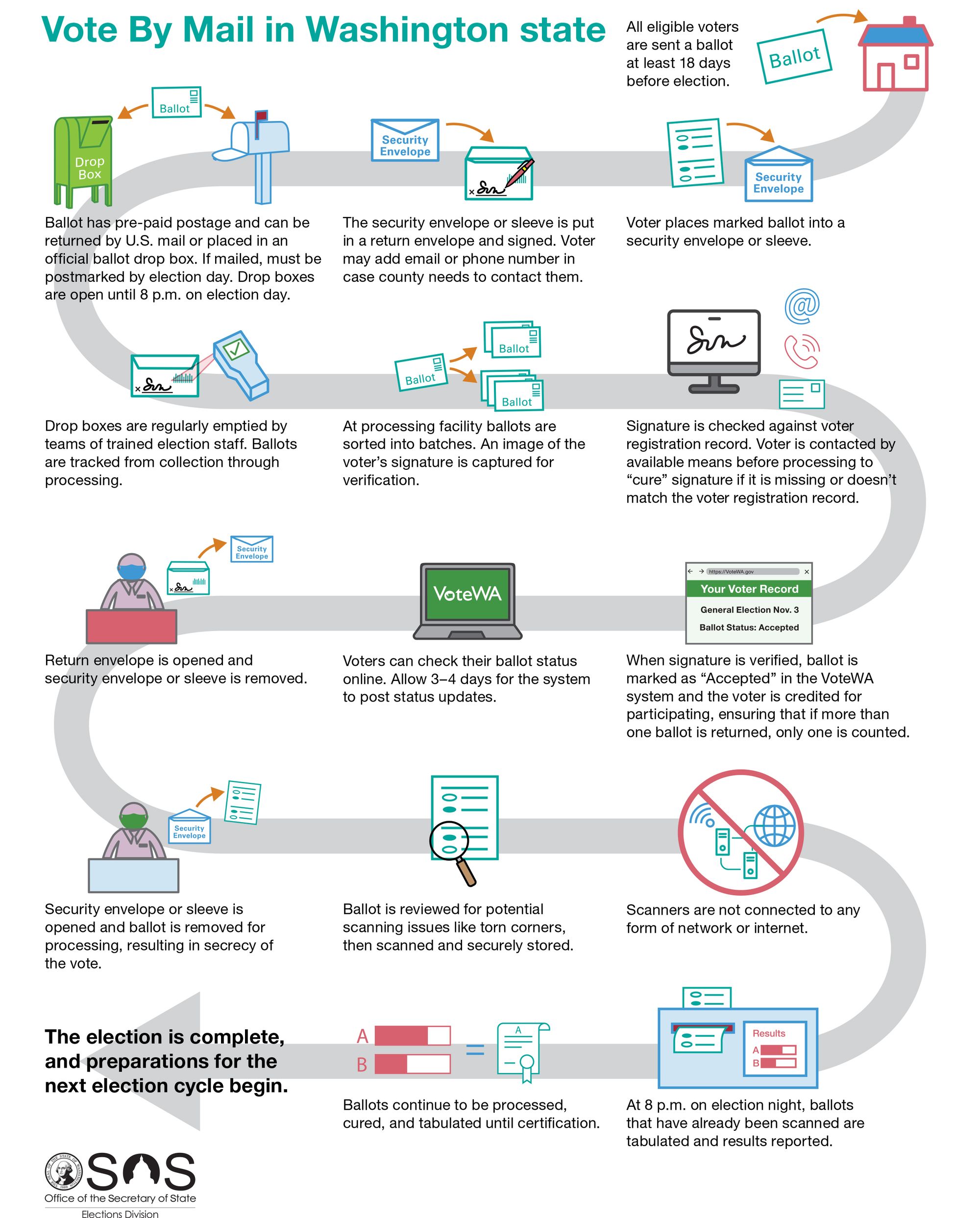In the media, extreme headlines get the most attention. With social media driving ad revenue, the most extreme political views — and lies — are pushed to the front lines. Social media has become a machine able to turn a peaceful country into divided communities where neighbors fight neighbors.
From personal experience, being close to someone who lived through the 1990s Balkan war, the result is a disaster for all; everything can be lost — your country, your prosperity, and your hope.
Many sustainable development challenges are ahead of us: climate change, a widening income gap, inequality, and the (un?)intended consequences of high tech. We need good policies to conquer those challenges, however our democracy and future peace and prosperity are threatened by people being distracted and preoccupied by distorted headlines such as ‘widespread voter fraud’ and ‘stolen elections’.
Trust in the election process is lacking prime time?
The Seattle Times held a poll in July of this year of 731 registered voters and showed results by region. Of registered voters in Eastern Washington, 44% said they had little or no trust in local officials running elections, compared to 35% on the west side.
Compared to other wealthy western democracies like Scandinavia or the Netherlands (only 10–15% do not trust elections there), the lack of trust in the election process here is surprisingly high.
44% of voters in Eastern Washington have little or no trust in local officials overseeing elections
Increased monitoring of ballot dropboxes in August was organized by Benton County Republicans. This was a result of widespread misinformation about ‘people being paid to harvest and deposit ballots’ at drop boxes. The ballot box surveillance initiative has not resulted in any case of fraud, vandalism, or theft. Washington state law allows people to drop off mail-in ballots for other voters without restrictions.
Luckily, a large majority of Washingtonians trust the election process. The Secretary of State, Steve Hobbs, encourages anyone who has concerns to contact the county auditor first so it can be investigated before senseless accusations find their way to the internet.
Washington state law allows people to drop off mail-in ballots for other voters without any restrictions

Voting systems are not connected to the internet
Cyber security is an ongoing concern, like at any business or entity that runs transactions via the internet. In the case of elections, hackers could create confusion on local voter registration or information sites. However, internet hackers cannot affect actual voting counting systems. These systems are on an air-gapped network. That means the network cannot connect to the internet and is incapable of wireless communication.
These systems are approved by the state and certified. Benton County uses ClearVote software (Clear Ballot) and Franklin County uses Democracy Suite software (Dominion Voting Systems) which, despite claims to the contrary, have been judged free of voting/election fraud.
By comparing the numbers of ballots throughout the process, local elections officials can demonstrate that every ballot received was handled properly, and that the number of ballots counted corresponds to the number of voters who participated in the election. In the process of tracking ballots and reporting the final outcome, election officials are creating an audit trail. These reports also assist state and county decision makers to better identify and understand trends in elections across multiple years.
Recount: be careful what you wish for
Maricopa County in Arizona went through an extensive recount of the 2020 elections ballots due to demands from Trump supporters — months of work that cost 6 million dollars. The report of the audit in September 2021 revealed that not only did Joe Biden win, but that the recount actually showed less votes for Trump and more votes for Biden.
Who to vote for?
Okay, now you trust the process, but now which candidate do you trust?
Candidate websites and the local voters pamphlet are great sources, or you could decide to follow the easy ‘party line’ voting.
On the ballot, you can leave positions blank if you have no idea what candidate to vote for; your ballot is still valid!
If you want to look a bit deeper into the competence of candidates, especially for the county positions, it could be worthwhile. You don’t want to unwittingly vote for an incompetent candidate, someone with a controversial history, or a person heavily funded by specific interest groups. You don’t want to take the risk of voting for someone who could make your local county dysfunctional, unproductive, or unfair.
Two of the most informational nonpartisan voters guides are tricitiesvote.com and www.vote411.org. You can also follow the money and see who is funding your candidate on opensecrets.org.

How to deal with mis/disinformation
It is tempting to see a post or Twitter headline and react based solely on instinct (yes, I have fallen into that trap before) by pushing the share button before you read it yourself. Preventing the spread of misinformation and disinformation starts here. Look at who the original poster is; it may not even be a real person. Or figure out what source was the basis of that message that made your ‘blood boil’. I would also invite you to research the potential misinformation you encounter at www.snopes.com.
And national political soap operas can influence how you feel locally even though most of that drama has no relationship to our local government. Keep your head cool!
You can also become a local election observer. Representatives of the Republican and Democratic parties and the League of Women Voters were paid during the primaries to be observers. Be prepared — you will become a ‘voting-is-secure convert’ after doing that!
Finally, keep conversations going with anyone who is infused with misinformation. Join each other for wine tastings, motorcycle rides, pickleball, knitting, or anything else that makes being alive worthwhile. When opportunities arise, gently and patiently let them know what’s going on in the world. Suggest news sources that are reputable (this library guide to evaluating news sources is a good place to start: libguides.library.arizona.edu/newsliteracy) And be sure to get out and vote.
Sources:

